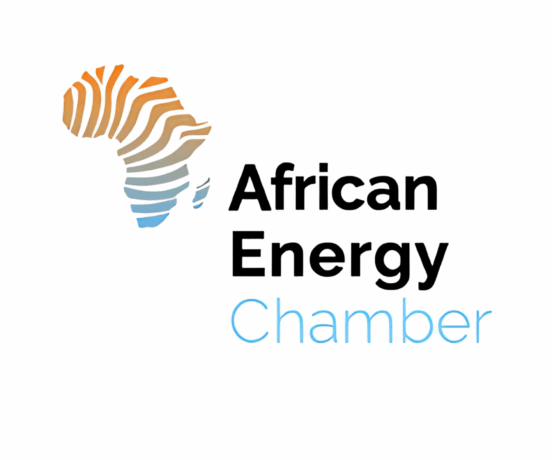
The project will improve electricity access for households, social infrastructure and micro, small and medium enterprises
The Board of Directors of the African Development Bank Group on Wednesday approved a €101.10 million loan to Kenya to implement the third phase of the Last Mile Connectivity Project. The project will improve electricity access for households, social infrastructure and micro, small and medium enterprises.
The project will also benefit from a $13.17 million (€12.12 million) loan from the Canada-African Development Bank Climate Fund (CACF), administered by the Bank, providing long-term concessional loans for climate change adaptation and mitigation projects.
The Last Mile Connectivity Project – Phase III is one of the priority actions under the African Development Bank Group’s 2019-2023 Country Strategy Paper for Kenya.
“The Bank’s support will help households’ social infrastructure and local businesses’ access to adequate, reliable and affordable energy supply, and will create an enabling environment for the realization of Kenya’s Vision 2030,” said Nnenna Nwabufo, African Development Bank Group Director General for East Africa.
The project will create jobs and business opportunities and improve service delivery to the education and health sectors
Ms Nwabufo said the project will boost the government’s plans to provide every Kenyan with access to electricity.
The Last Mile Connectivity Project – Phase III builds on the successful implementation of the first two phases financed by the African Development Bank, which provided grid electricity for more than 1.05 million and nearly 1.6 million people, respectively.
The project entails strengthening the electricity network by constructing 13 substations of 33/11 kV, including the associated grid extensions and distribution network in 45 of the 47 administrative counties to connect a total of 139,480 households to the grid, meaning that some 543,972 Kenyans will gain access to electricity. In addition, 10,521 small and medium businesses and social facilities (23 educational institutions, 15 health establishments and eight water supply facilities) will be connected to the grid for the first time. This will reduce the use of pollutants such as fossil and biomass fuels, charcoal and unprocessed agricultural waste.
The project will create jobs and business opportunities and improve service delivery to the education and health sectors. In the long term, the project will enhance the well-being and productivity of society, which will contribute to the socio-economic development promoted by Kenya’s Vision 2030.
It will also contribute to the transition to clean energy as households and businesses switch to clean and sustainable energy sources. The project will reduce greenhouse gas emissions by at least 3440 metric tonnes of carbon dioxide annually.
As of June 2022, 77% of the Kenyan population had access to grid electricity, higher than the estimated 50% average in Sub-Saharan Africa. The Government is targeting universal electricity access by 2030 at the latest.



